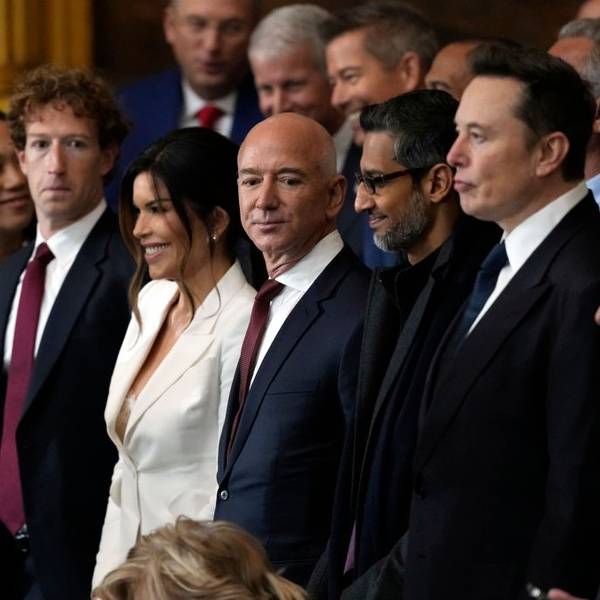Of all the pundits weighing in on social media's effects on young people, teen voices are often heard the least. Parents worry about the safety of their children. Social media companies worry about their ad revenue, user base, and potential regulations. Policymakers push for regulations that protect teens. All the while, we watch from the sidelines as these groups fight over the future of our social media practices, but we want in.
I realized that Instagram algorithms were boosting dangerous content that prods teens to adopt extreme diets because the company makes approximately $228 million annually off the followers of pro-eating disorder content.
As a college freshman researching the detrimental effects of social media on adolescent mental health and a high school junior and eating disorder survivor raising awareness about harmful diet culture practices, we have seen firsthand how damaging social media can be to the mental health of our friends and peers. We have also studied the latest neuropsychology behind these effects, and we are worried.
The value of our on-the-ground experience cannot be discounted. At the height of my Instagram use, I (Caroline) cannot count how many times the first thing I saw at the top of my feed was a "What I Eat in a Day'' video. Words were spelled out in a funky font and lighthearted pop music played in the background as a young woman explained her diet. A few more scrolls and I came across an infographic describing "good and bad" foods to eat during a calorie deficit. These streams of diet-related content made my eating disorder recovery much harder as the foods that my doctors recommended always appeared in the "do not eat" column of these infographics. Later, I realized that Instagram algorithms were boosting dangerous content that prods teens to adopt extreme diets because the company makes approximately $228 million annually off the followers of pro-eating disorder content.
Algorithms are designed to engage users and keep them on the platform for as long as possible, regardless of mental health effects. A 2018 study indicated that frequent users of image-based social media platforms reported more anxiety, depression, and body image concerns than less frequent users. Neuroimaging studies echo similar findings. Brain activity in centers that drive emotion and attention increases when viewing digitally distorted images of bodies. As teens endlessly scroll on social media platforms in fear of missing out, heightened attention to idealized body types increases the risk of developing body dissatisfaction, anxiety, and depression. Moreover, since social media platforms are designed to feed users information that they pay more attention to-via liking, commenting, or watching an entire video-these algorithms can create emotionally damaging bubbles of content that feed adolescents the very images that contribute to the development of mental health disorders. Adolescents are particularly vulnerable to these negative effects. Our brains' emotional centers develop faster than decision-making and impulse control centers, so rather than exploiting our heightened emotionality, is it too much to ask that social media be designed to keep our minds healthy?
Though we are vulnerable, we are not helpless. And as many teens will tell you, if you were to ask, social media platforms are not all bad. From virtual school years during the pandemic to friendships becoming long-distance in the first year of college, social media has been an essential tool keeping us connected to the people we love.
It's time for policymakers to help us help ourselves. A good first start is supporting legislation that protects teens from social media's negative effects. The Kids Online Safety Act (KOSA), led by Senators Blackburn (R-TN) and Blumenthal (D-CT), holds social media platforms accountable, calls for more transparency with algorithms and their effects, gives teens and parents more options to maintain our privacy and safety on social media, and dedicates funding to novel research on this subject.
Second, helping us help ourselves means giving us a seat at the table. Teens provide essential insight that pinpoints the exact ways in which social media platforms and legislators alike can help us maintain our well-being. Bring us in from the sidelines, and together let's make social media safer for everyone.
Third, given the recent tragedy at Robb Elementary School in Uvalde, Texas supporting the health and safety of the nation's youth has never been more important.




